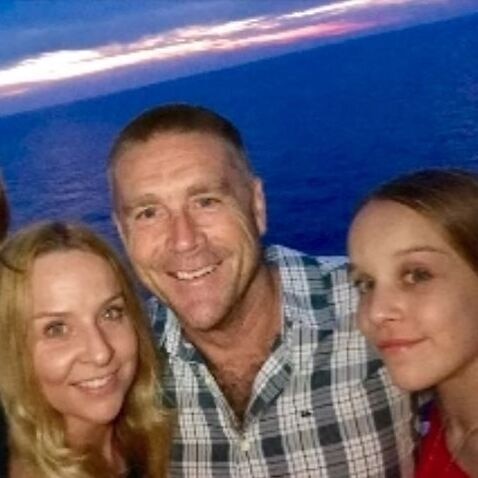A convict's request for assisted suicide is testing Switzerland's laws
Thinking Outside the Cell Defined Terms Baker's Dozen Problems Articles & Reports - Bibliography
Should prisoners have assisted dying rights? Complex debate begins in Switzerland - SBS - 07/01/2020
Switzerland is pondering an unprecedented assisted dying request from a prisoner and the legalities over ending a life behind bars.
A request by a convict behind bars for life is testing Switzerland's support for assisted suicide, raising complex questions over whether ill prisoners can seek help to end their own lives.
The unprecedented case has exposed a legal vacuum in the country which has long been at the forefront of the global right-to-die debate and an official decision is due in the coming months.
"It is natural that one would rather commit suicide than be buried alive for years to come," prisoner Peter Vogt said, in a written response to questions submitted by AFP.
The 69-year-old, convicted for sexual assault and rape against multiple girls and women ranging in age from 10 to 56, says he is suffering from serious kidney and heart conditions, among other ailments.
He has also been diagnosed with several psychological disorders.
Although Vogt's most recent sentence was a 10-year term handed down in 1996, he is imprisoned for life at Bostadel prison in northern Switzerland as he is still considered dangerous.
This follows a decision in 2004 when Swiss voters approved a popular initiative allowing the indefinite detention of people with established sexual delinquencies who posed a public risk.
The authorities have repeatedly determined that Vogt remains a threat despite years of treatment.
"It would be better to be dead than to be left to vegetate behind these walls," he said.
In July 2018, Vogt contacted Exit Switzerland, an organisation that supports assisted suicide under specific conditions. He argues that he should be able to benefit from Switzerland's liberal assisted suicide laws too.
"We told him that his particular case needed to be clarified," Exit International's Juerg Wiler told AFP.
'Unbearable suffering'
Swiss law generally allows assisted suicide if the person commits the lethal act themselves - meaning doctors cannot administer deadly injections, for example - and the person consistently and independently articulates a wish to die.
Organisations that support assisted suicide also apply their own procedures, which are more robust than the legal requirements.
The authorities, aiming to take a position on the matter in the coming months, have asked the Swiss Centre of Expertise in Prison and Probation, a publicly funded foundation, to provide guidance following Vogt's request.
In October, the experts at the foundation advised that assisted suicide rights should apply to prisoners under certain conditions, noting that in cases of mental illness two independent specialists should be consulted.
Any detainee possessing discernment should, in principle, have assisted suicide rights if they have "a physical or mental illness resulting in unbearable suffering," Barbara Rohner, lead author of the foundation's report, told AFP.
The foundation also recommended that authorities responsible for the prisoner's welfare must ensure the suicide request is not the result of a short-term emotional crisis.
Vogt insisted that he wanted to die because of the "unbearable" deterioration in his quality of life, along with the fact that he can no longer see his gravely ill mother, who lives in Austria.
He told the Blick newspaper that he wants to end his life on 13 August, his 70th birthday.
More requests coming?
Ms Rohner said that while Vogt's case may be exceptional, similar situations could increasingly arise.
"There will be more and more elderly and sick prisoners in detention because of the ageing of the prison population," she said.
According to the Swiss National Science Foundation, a research institute, the number of prisoners over 50 years old doubled to 600 between 2005 and 2016.
Vogt told AFP that he knows of another inmate interested in assisted suicide, adding: "Nobody should have to commit suicide in his cell alone."
Some have raised concern that assisted suicide requests could be used by convicts as a negotiating tactic to demand better conditions in prison.
For Christine Bussat, founder of the Swiss chapter of the Marche Blanche victims' rights groups, decisions on a convict's right to die should rest with their victims.
That, she added, "is unfortunately not possible" under the current law.
But most legal and criminal justice experts in Switzerland believe that assisted suicide rights do extend to convicts.
Celine Ehrwein, an ethics professor at Heig-VD University, told public broadcaster RTS that depriving a suffering person of the right-to-die could be considered "a form of torture".


